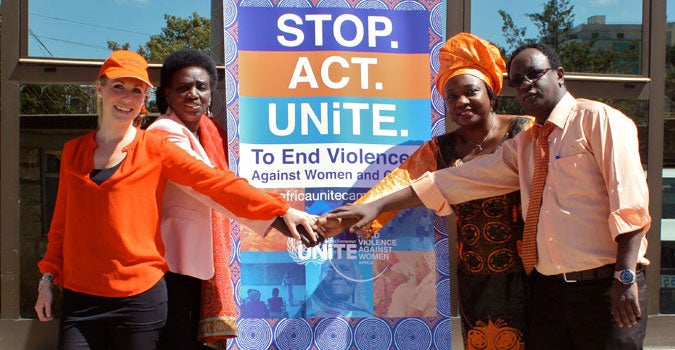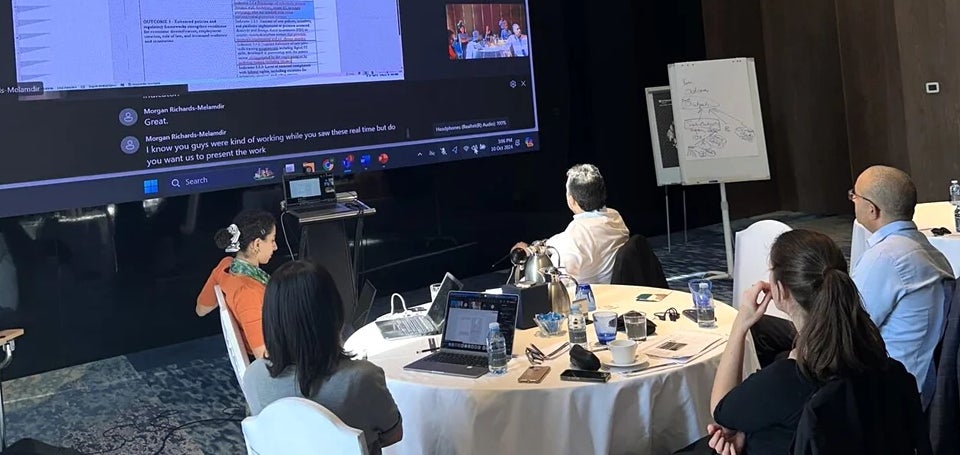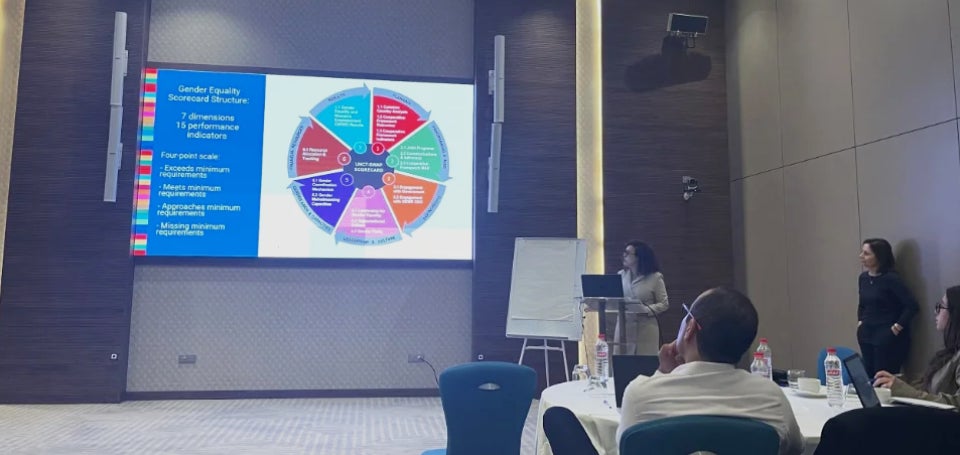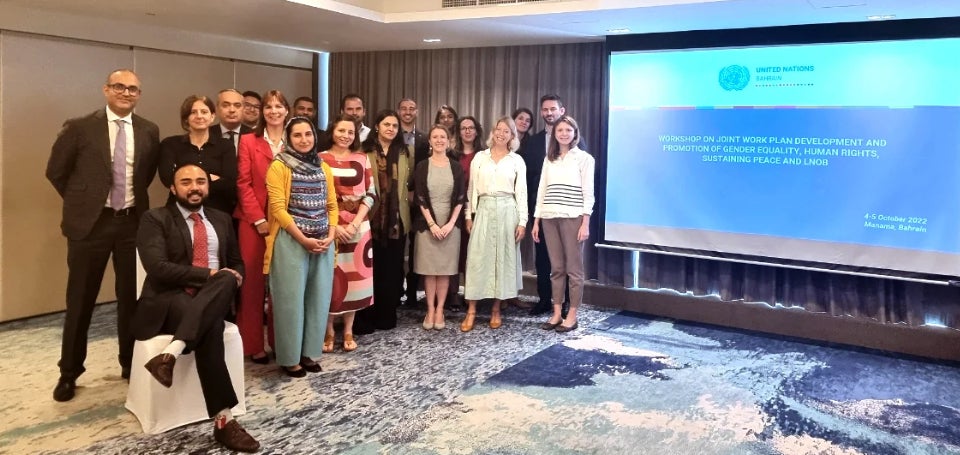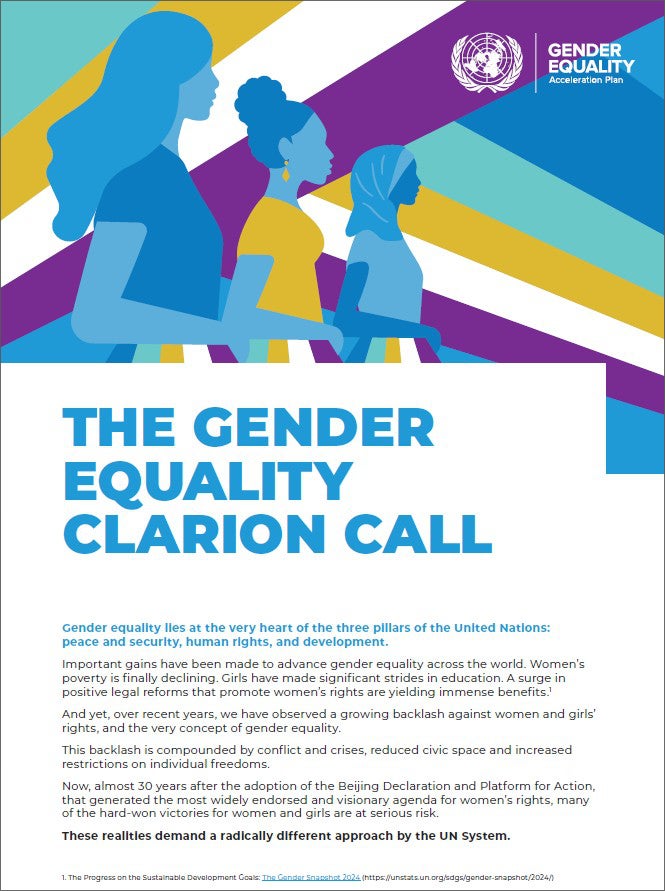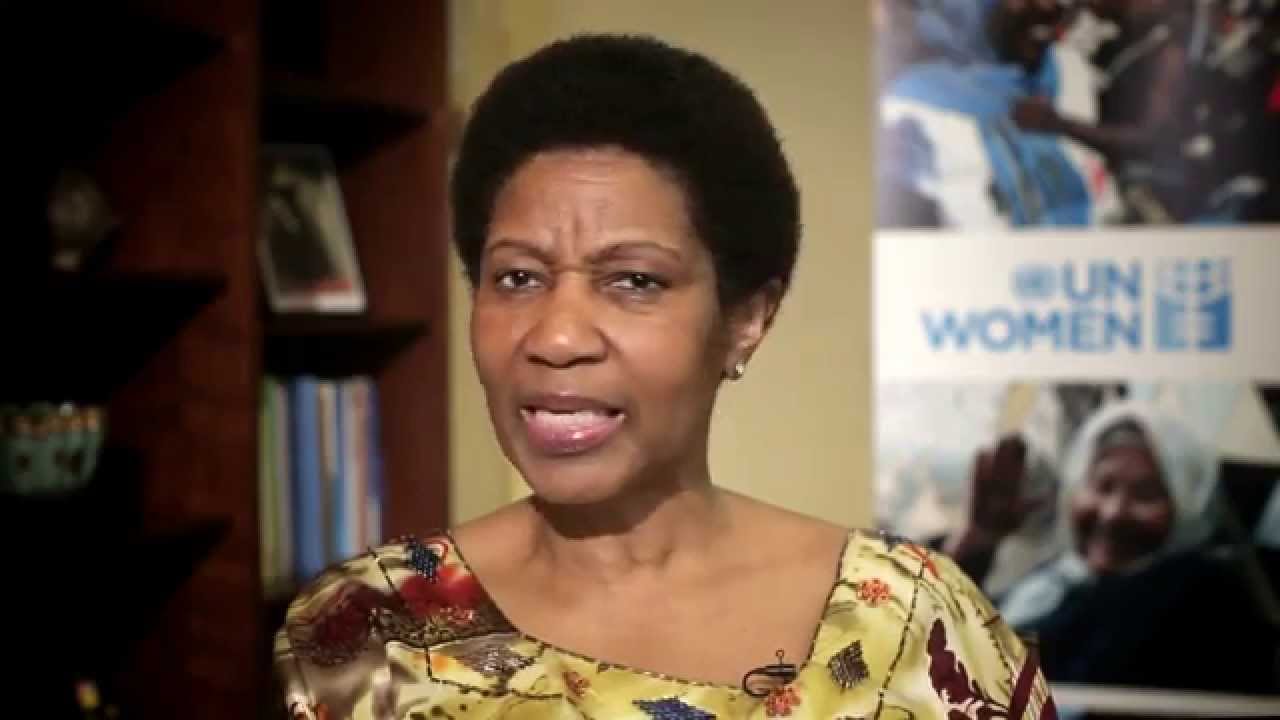What Is Gender Coordination and How Does it Contribute to Advancing Gender Equality and Women’s Empowerment?
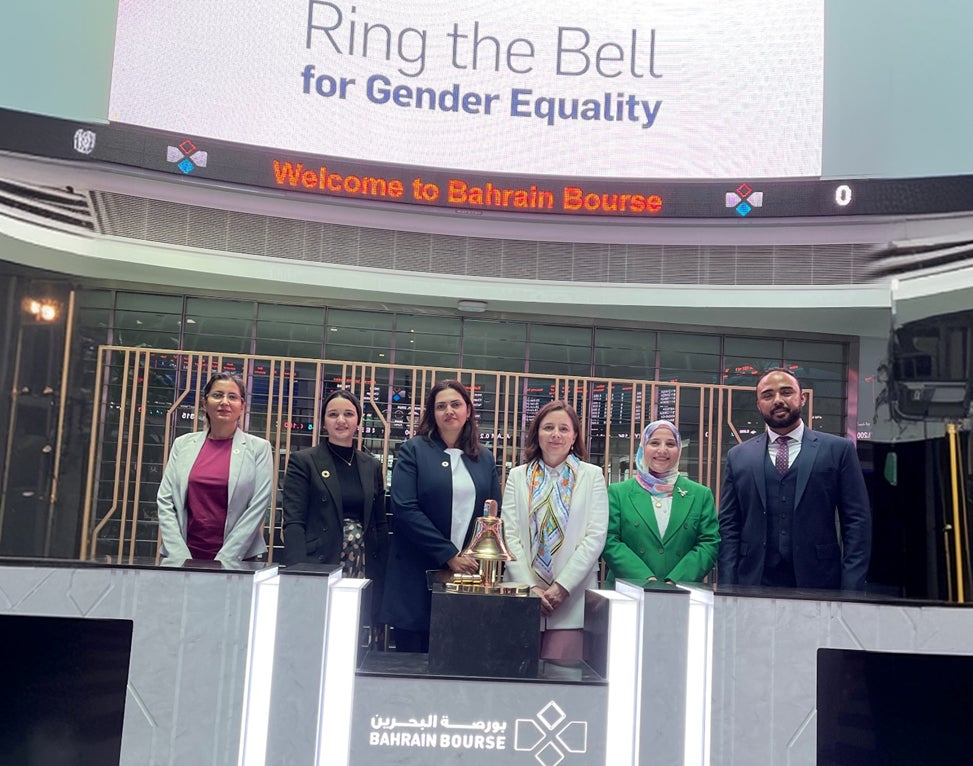
Increasing gender equality and women’s empowerment is everybody’s business: no one organization or entity can do it alone. The scale of the challenge is huge, with women still facing gender gaps in safety, leadership, employment, pay and care responsibilities around the world. Despite the progress made over the decades, there is still much work to be done to meet the globally-agreed targets for gender equality set in Agenda 2030 for Sustainable Development.
Agenda 2030 and the 17 Sustainable Development Goals address gender equality via a twin-track approach, with a dedicated goal at SDG 5: achieve gender equality and empower all women and girls, and integration of gender equality across the other 16 SDGs. Achieving gender equality and women’s empowerment is essential to fulfill all 17 SDGs. Gender equality is thus an accelerator and an integrator of the goals and targets of Agenda 2030.
One of UN Women’s most strategic strengths is its unique gender coordination mandate. UN Women works with with partners at country, regional and global levels to ensure that our common work advances gender equality and women’s empowerment. In particular, UN Women ensures that the UN’s development efforts have a gender-equitable impact for women and girls, and men and boys. In the Arab States region, UN Women does this through several work streams.
UN Women spearheads the UN gender coordination work at country level primarily through the Gender Theme Group. This inter-agency mechanism provides programmatic, technical, and policy advice to the UN Country Team (UNCT), enhancing collective results for gender equality and women’s empowerment. The Gender Theme Group is typically chaired by the UN Women Representative in each country and is composed of gender focal points from all UN agencies working in that country. By leading the Gender Theme Group, UN Women supports the UNCT to build its capacity to mainstream gender in its joint work, including in the Cooperation Framework that sets out the expected contributions and results of the UNCT in country-level development, to monitor progress and to report on results achieved. UN Women also leads the Gender Theme Group membership to integrate gender equality in the UNCT’s joint engagement with government and civil society partners, in public communications and awareness-raising, and in mobilizing resources for technical assistance.
In exercising this role, UN Women is guided by standards and accountability tools adopted by the United Nations at the global level. Chief among these tools is the United Nations Country Team System-Wide Action Plan Gender Equality Scorecard (UNCT-SWAP GES). The UNCT-SWAP GES provides a methodology and standard minimum criteria across 15 indicators to assess the UNCT’s performance in mainstreaming gender equality and women’s empowerment through its joint work. Each year, more and more UNCTs in the Arab States region and worldwide complete this performance assessment, which includes the development of an action plan to improve performance year on year. UN Women is the global technical lead for this effort, and provides support to UNCTs at country and regional level to complete the initial assessment and subsequent annual reports to track progress.
To meet the minimum performance standards of the UNCT-SWAP GES, UN Women works with its sister agencies in the UNCT to build their capacity to mainstream gender equality across all stages of the programming cycle. This includes strengthening knowledge and skills around gender mainstreaming in planning, monitoring and reporting on results. It also includes training on how to use the global tools effectively, such as the Gender Equality Marker, which allows UNCTs to track the extent to which their joint resources are expected to have an impact on addressing the structural causes of gender inequalities. Each UN agency participating in the country joint workplan assesses the expected impact of its work on gender equality and women’s empowerment with a coding system that facilitates analysis of UN programming investments and enables the UNCT to track trends over time, identify gender mainstreaming gaps, and strengthen gender mainstreaming in programming.
By implementing its gender coordination mandate, UN Women ensures that the UN development system’s efforts yield equitable benefits for women, girls, men and boys, in line with the global commitments of Agenda 2030 and the 17 SDGs. By leveraging accountability tools and our convening power, UN Women reinforces the UN’s steadfast commitment to gender equality and women’s empowerment that is at the heart of the UN Charter and Agenda 2030. Our coordinated approach not only amplifies our collective impact but also drives the transformative change needed to close the gender gaps.
